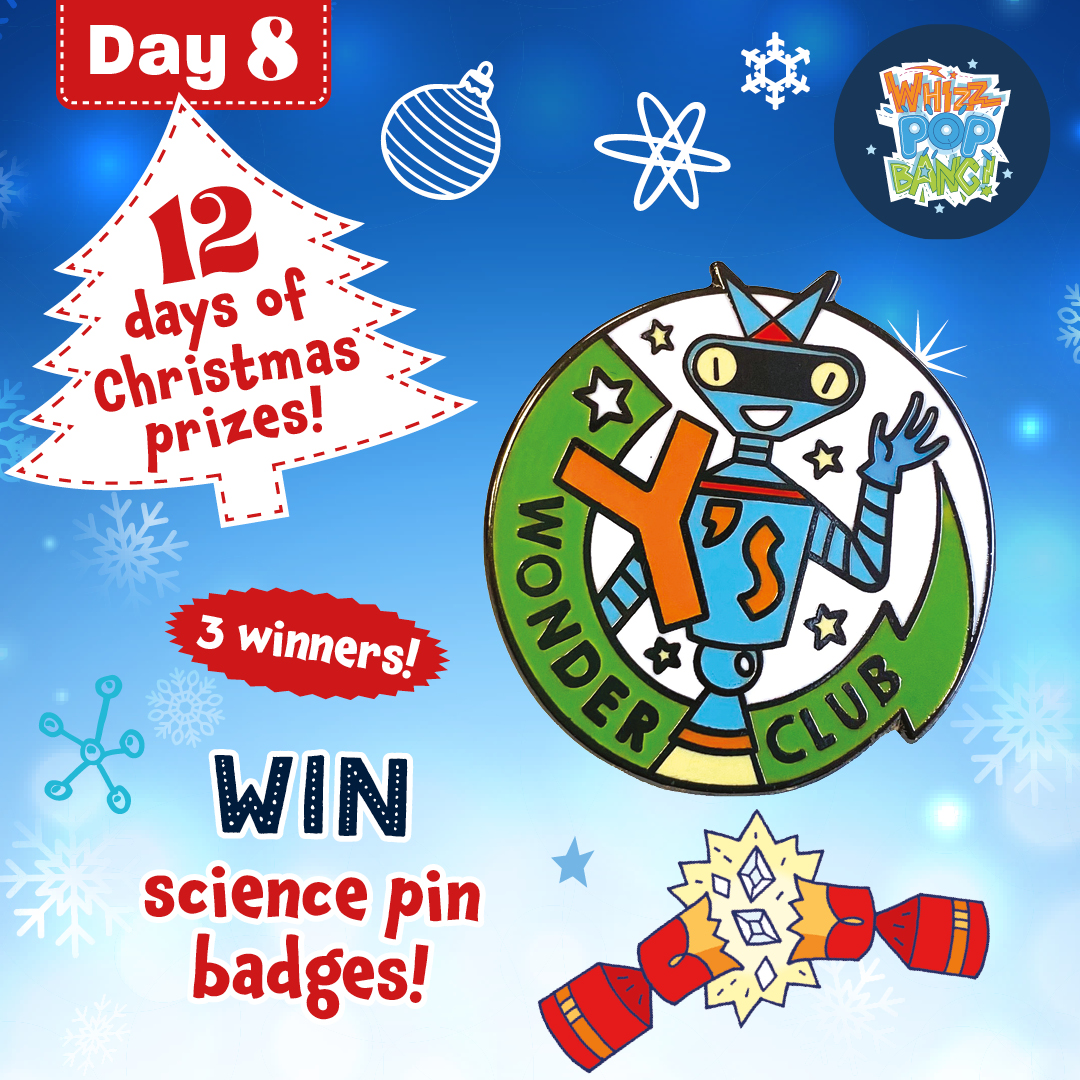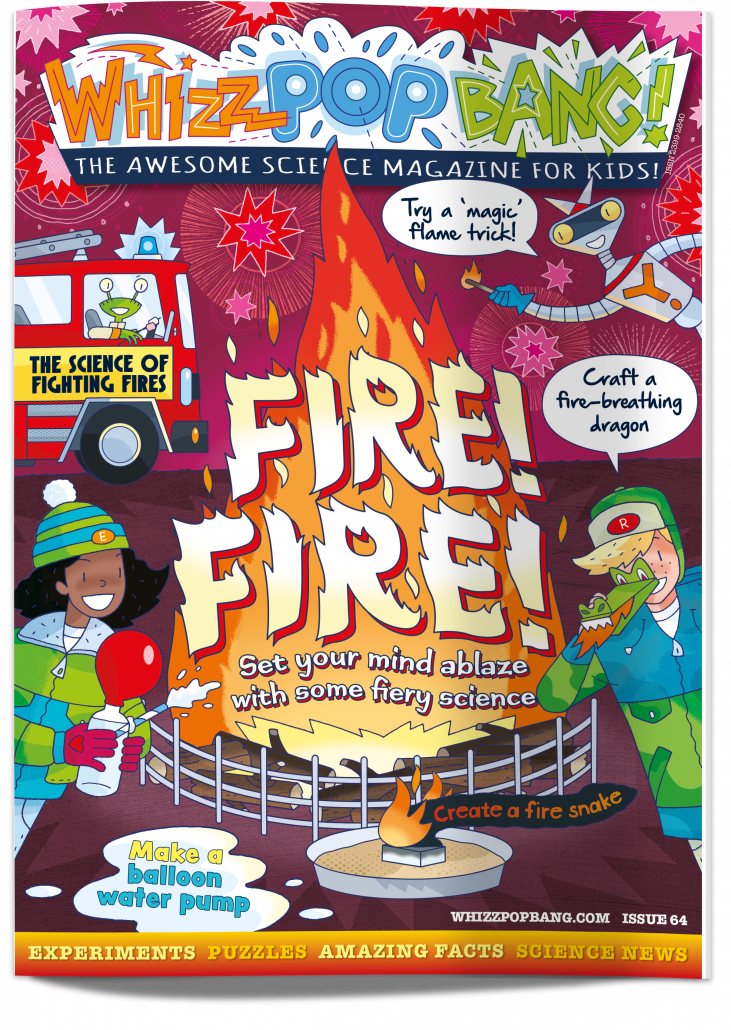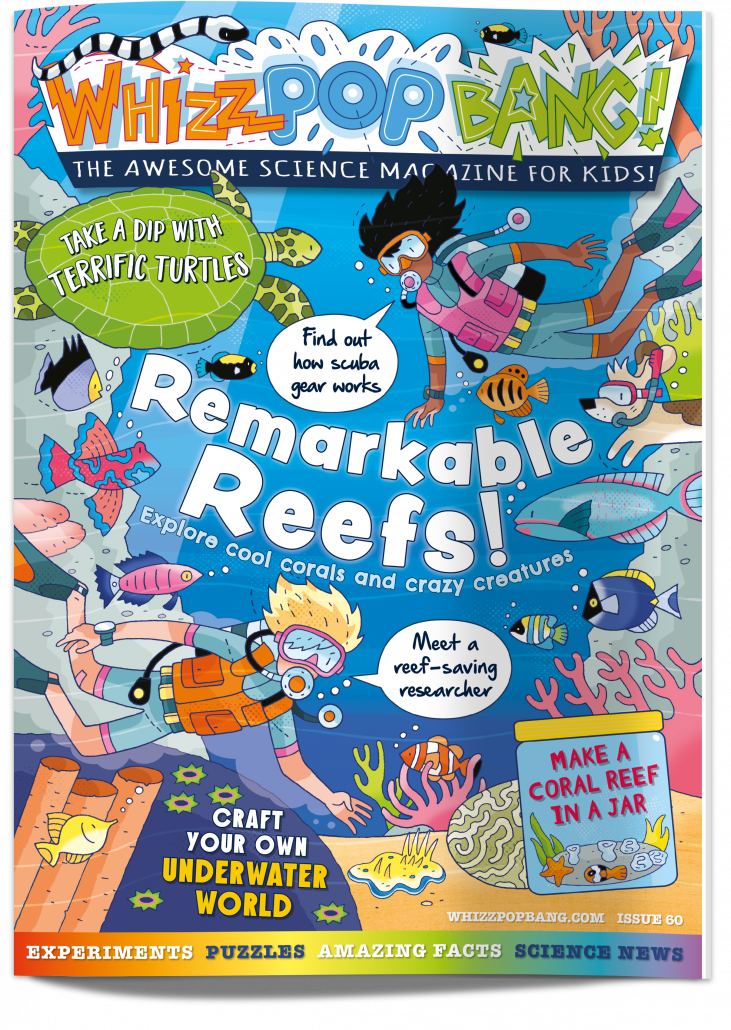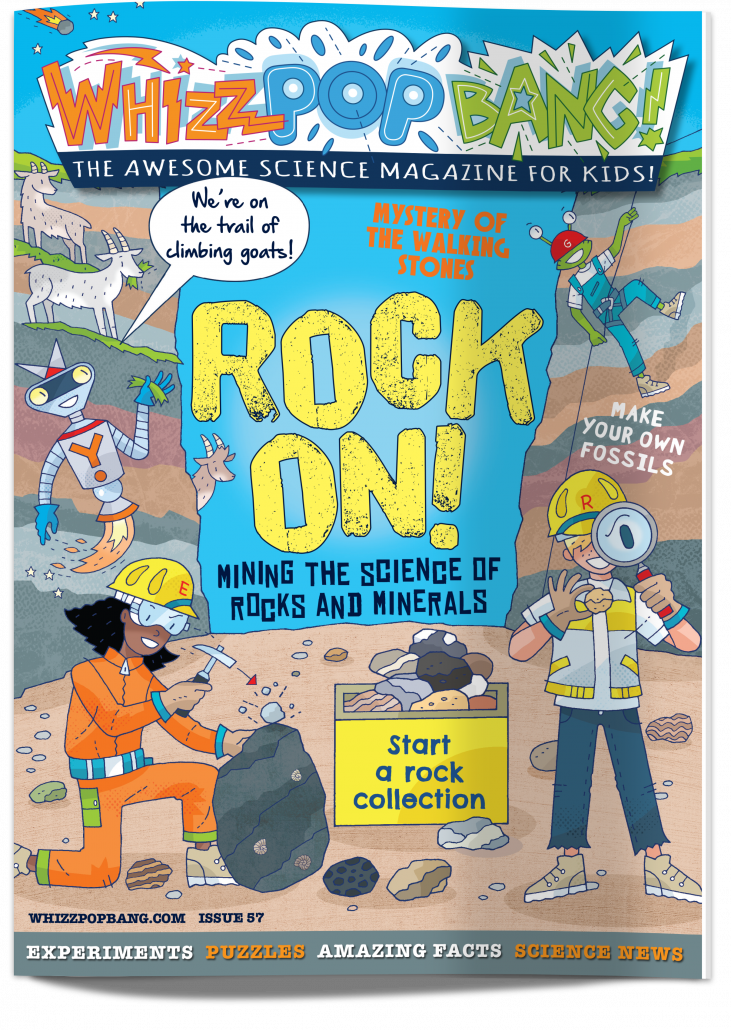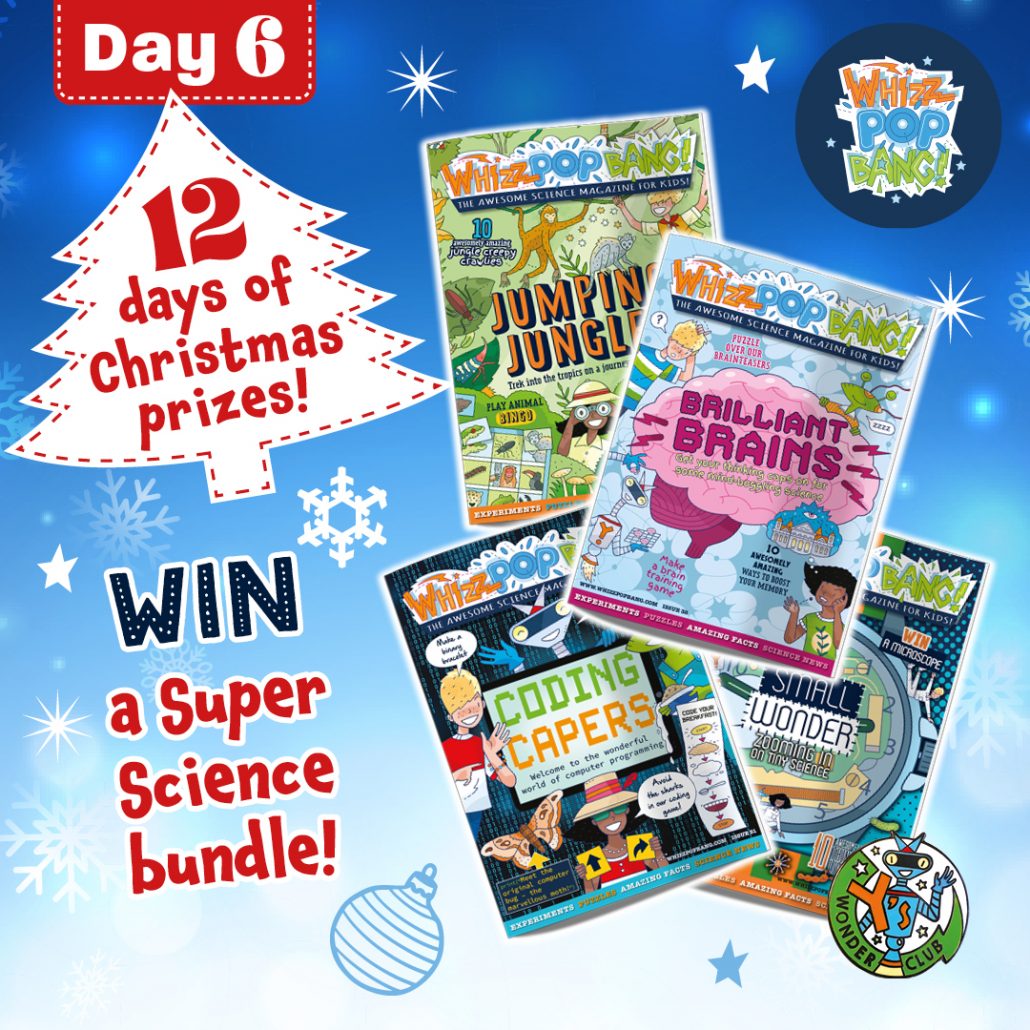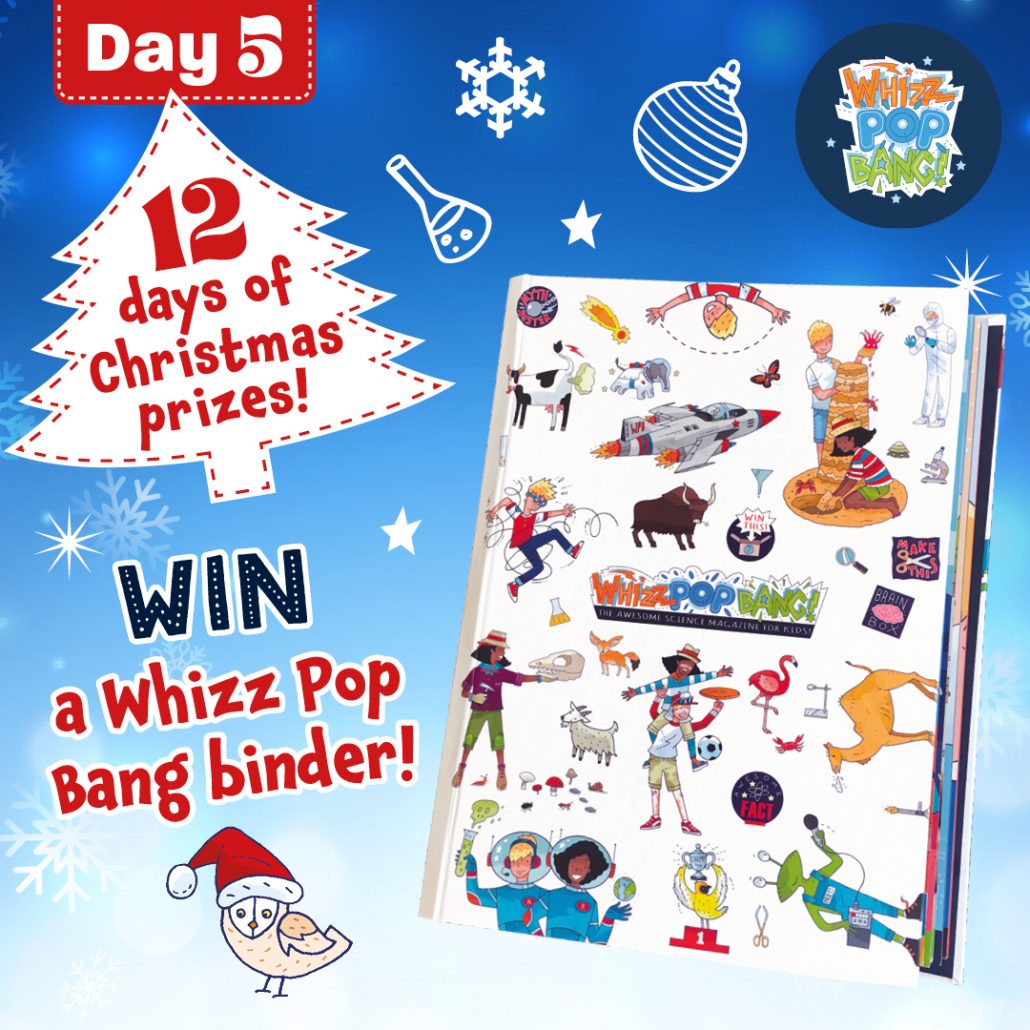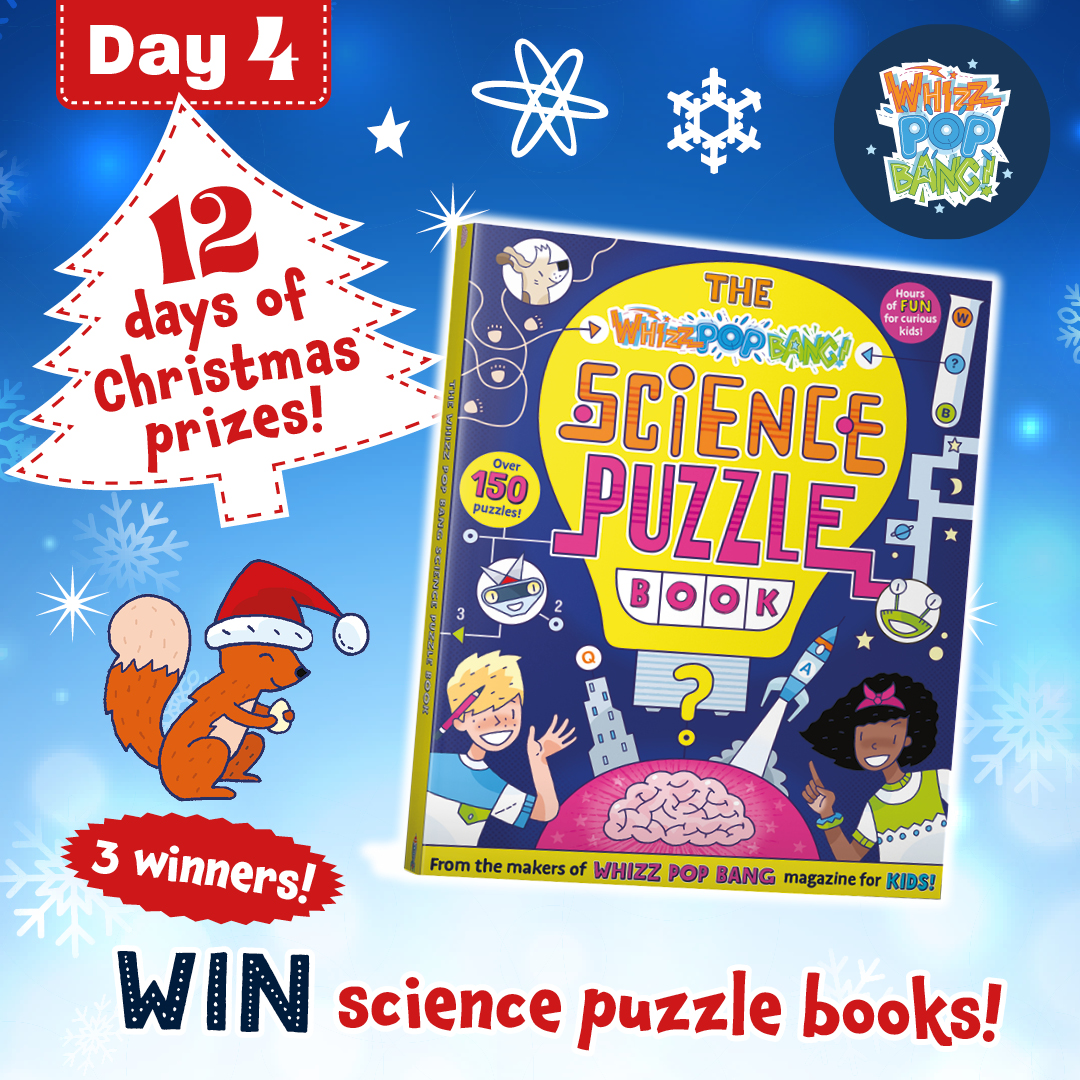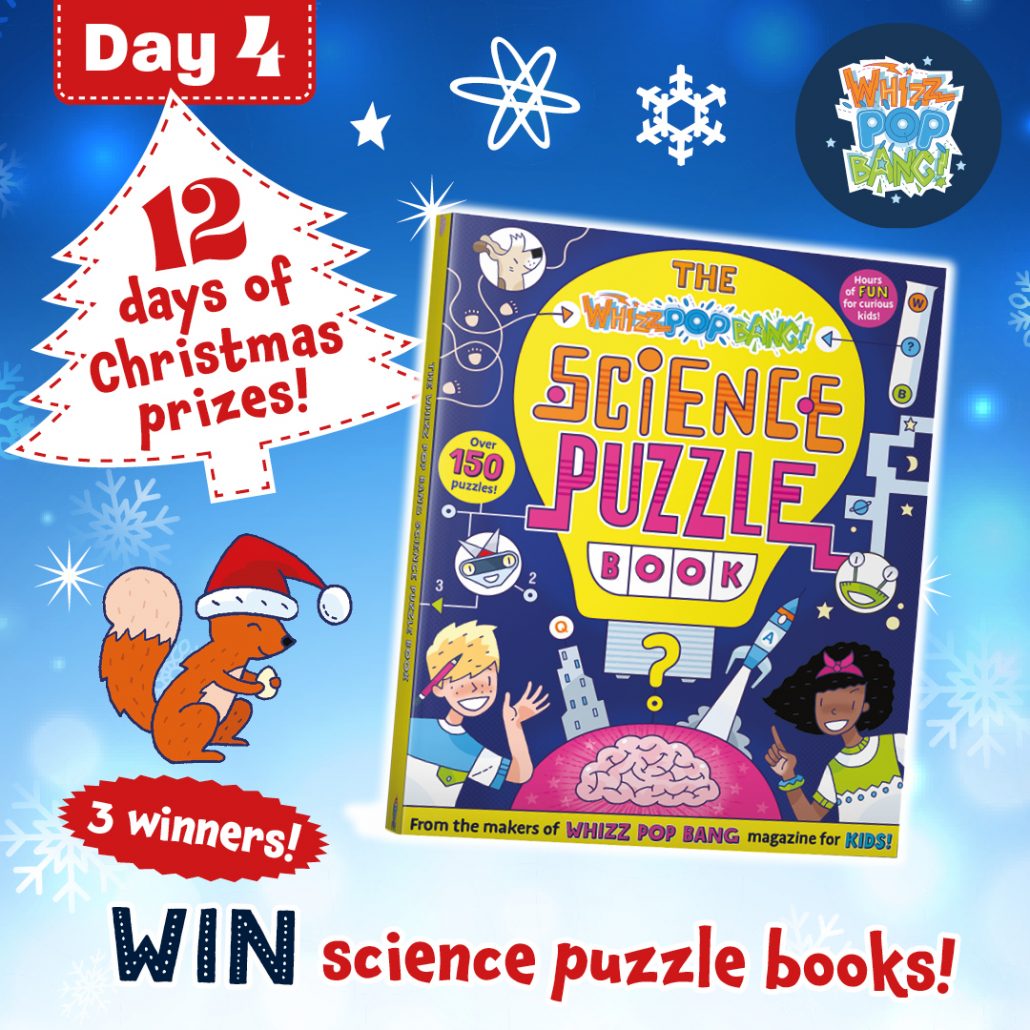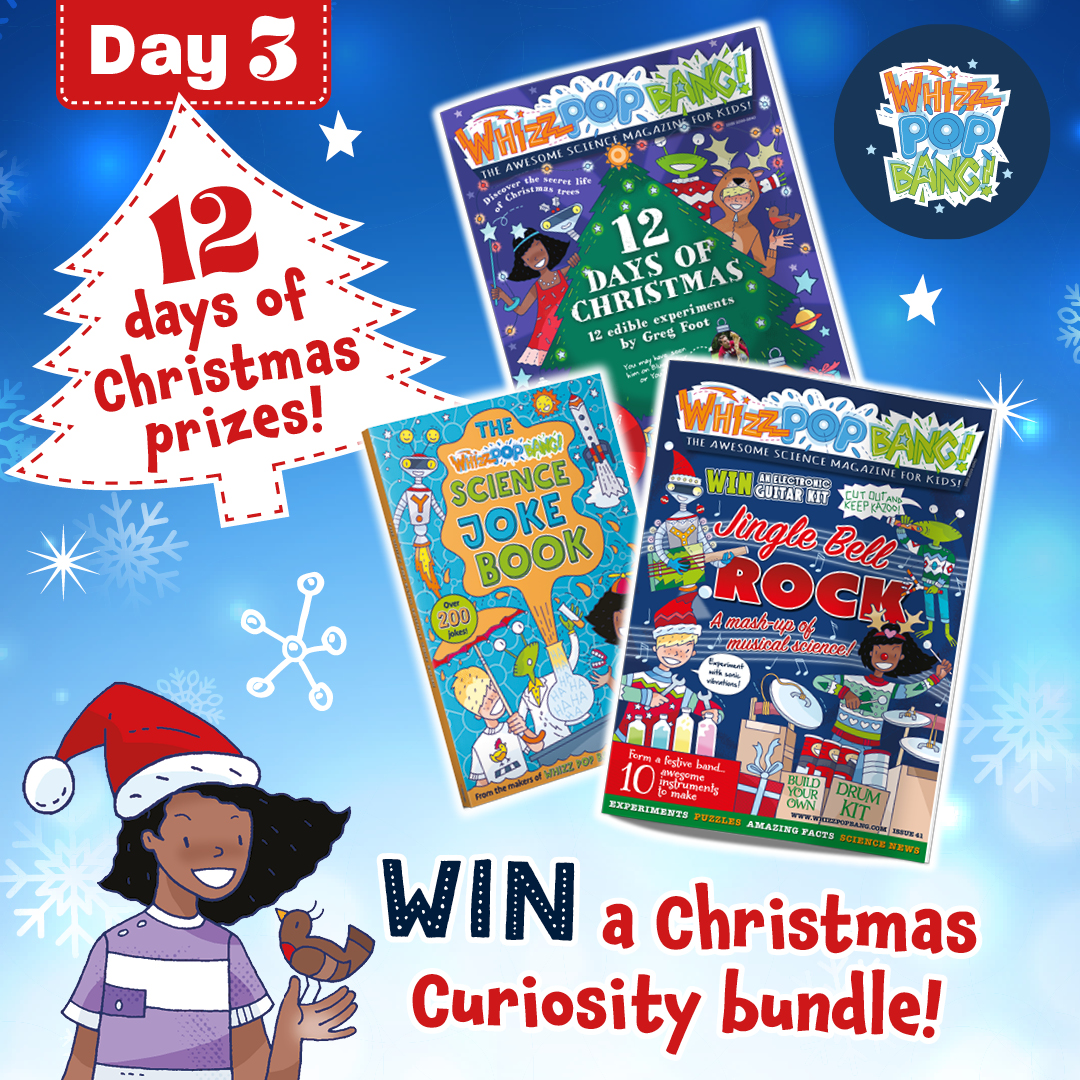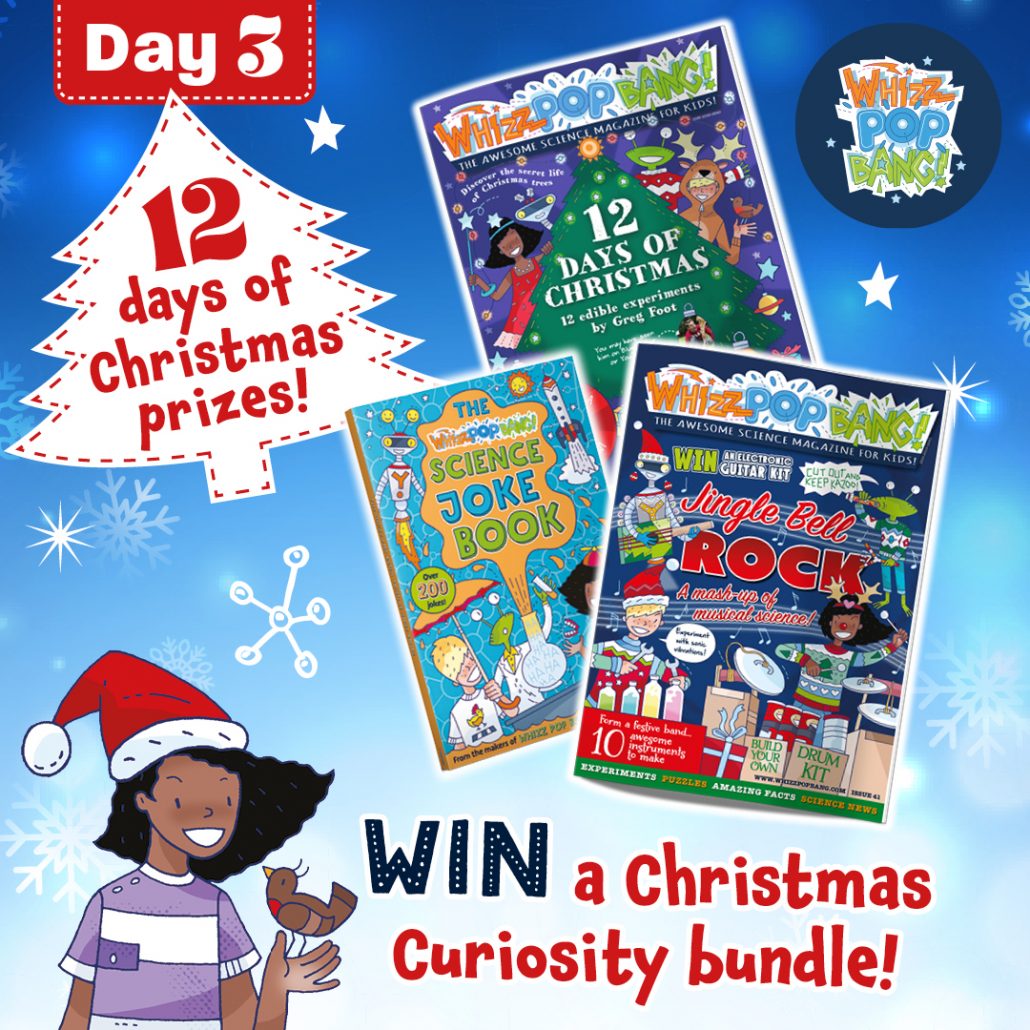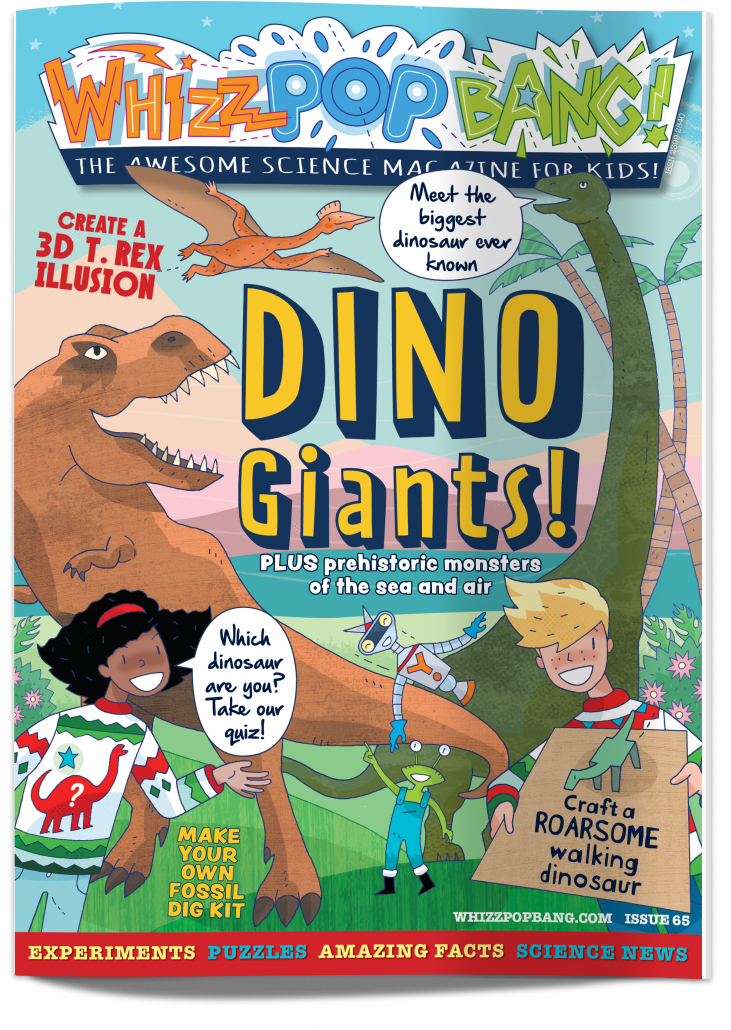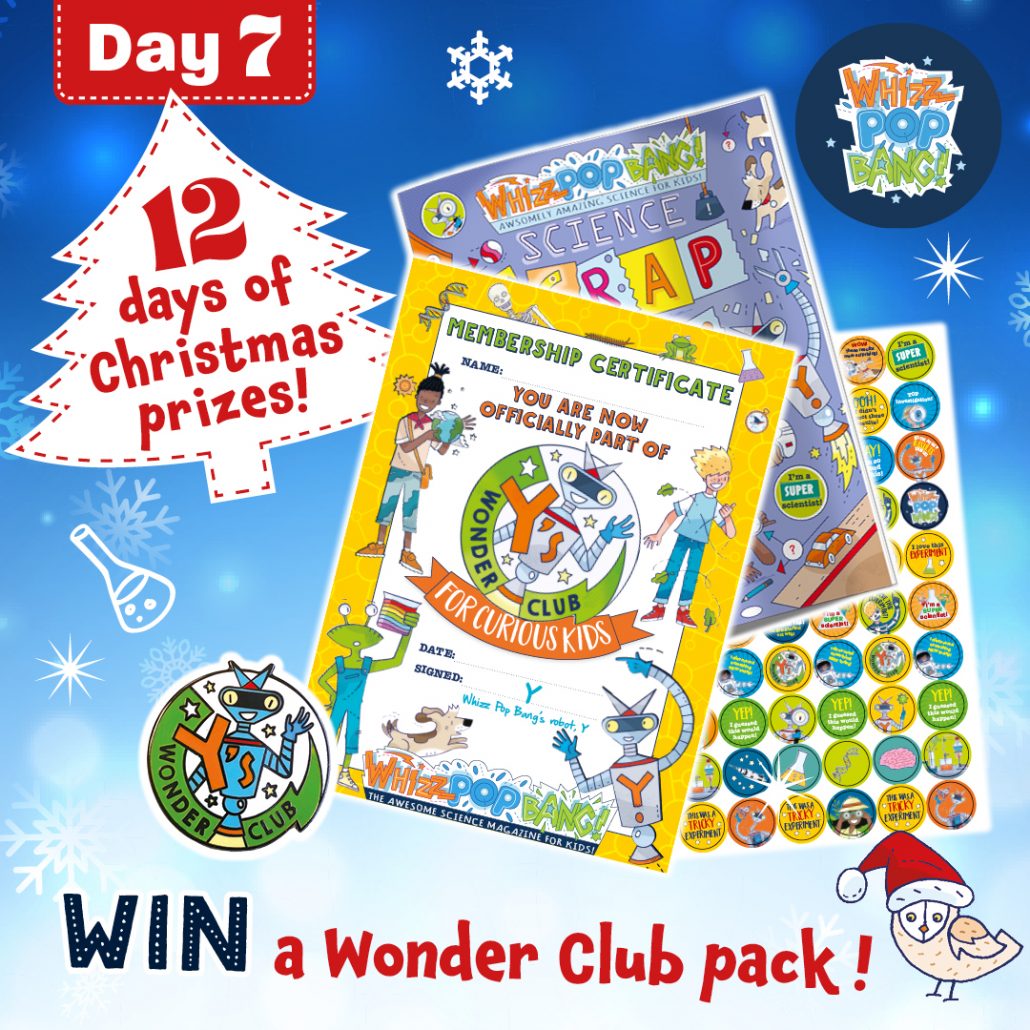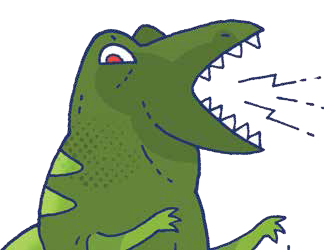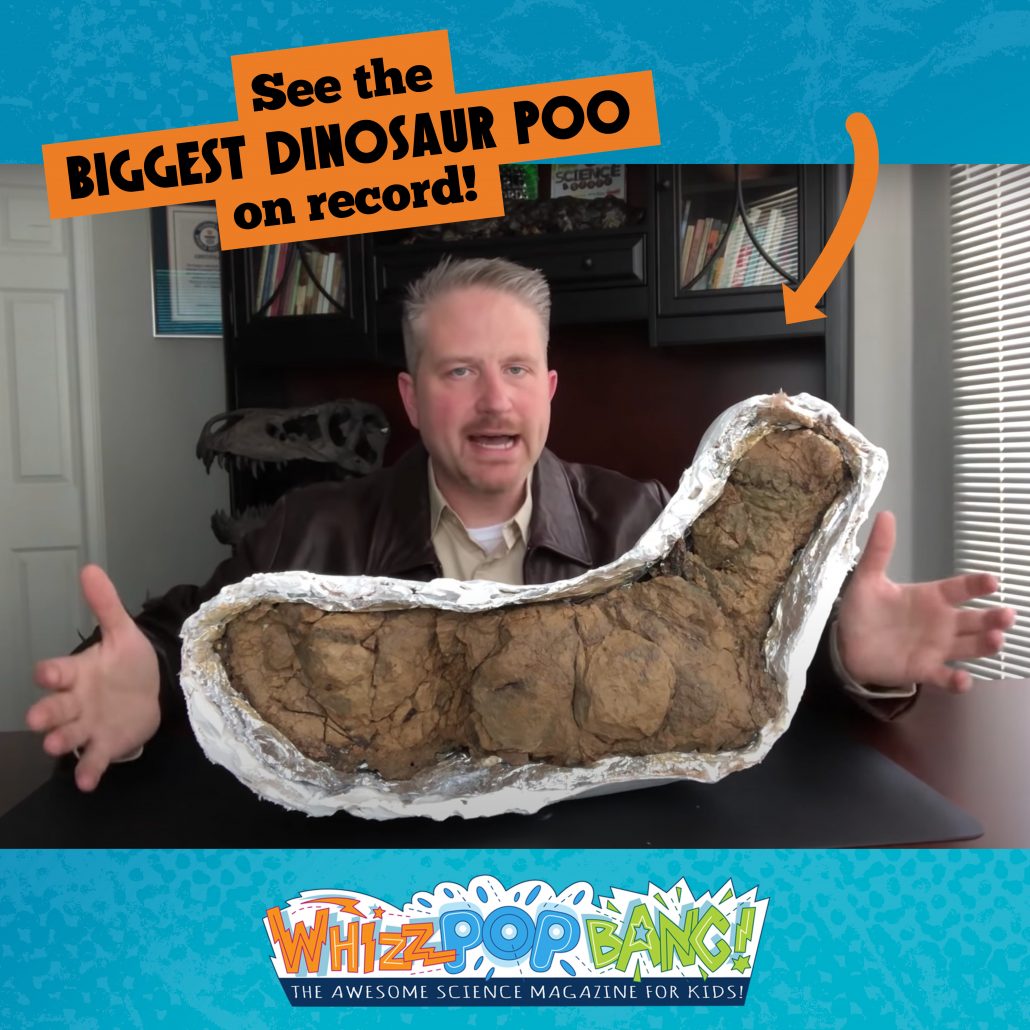It’s DAY EIGHT of WHIZZ POP BANG’S 12 DAYS OF CHRISTMAS PRIZES!
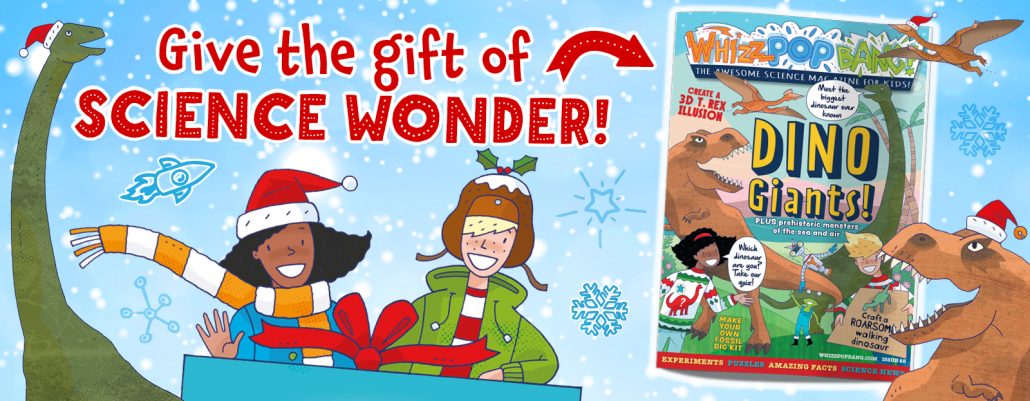
Every day until 12th Dec, we’ll launch a competition to give you and your budding scientists a chance to win awesome prizes. Don’t forget to come back tomorrow for another chance to win!
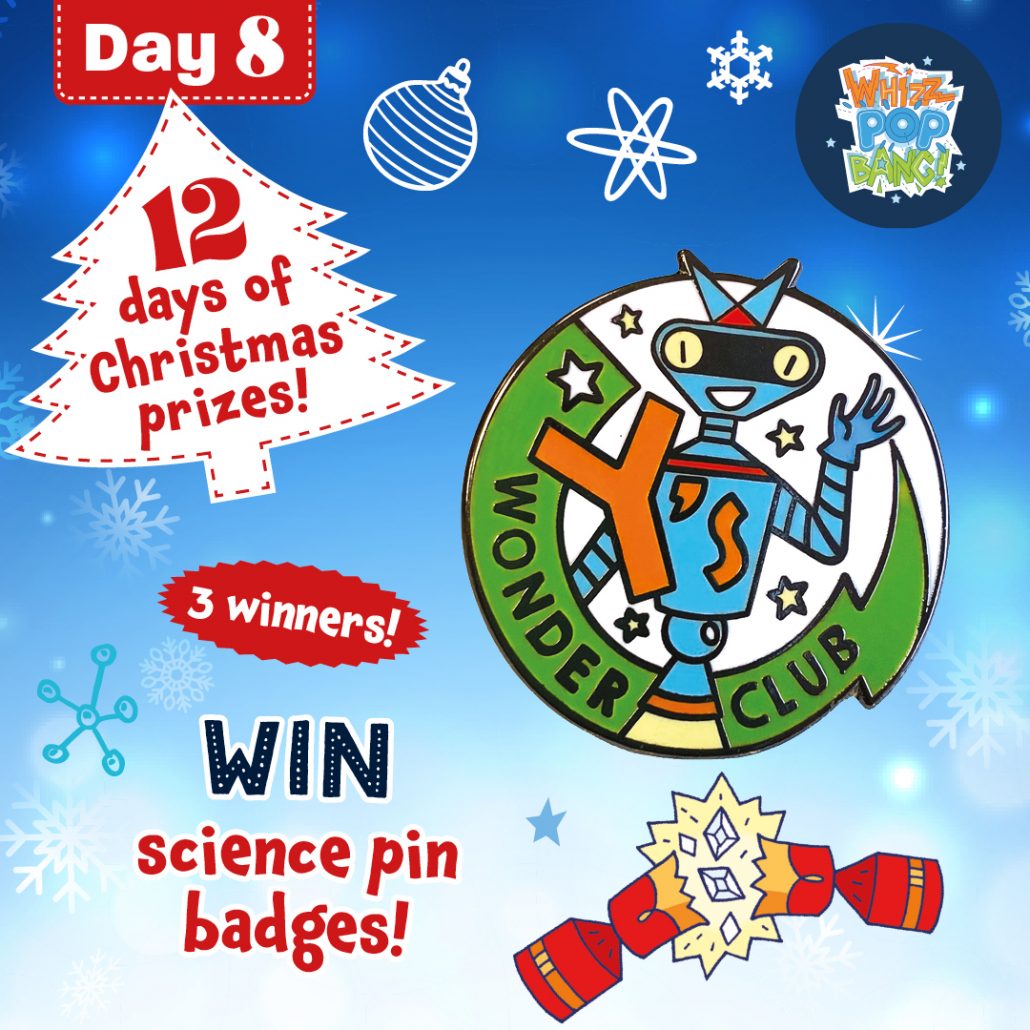
Today THREE lucky winners will each win A Y’S WONDER CLUB BADGE! Y’s Wonder Club is the kids’ club that encourages Whizz Pop Bang readers to get stuck into experimenting and to share their adventures in science.
This top-quality 25mm enamel pin badge makes a lovely gift that your child can wear on their clothes, attach to their school bag or use to decorate their lab coat!
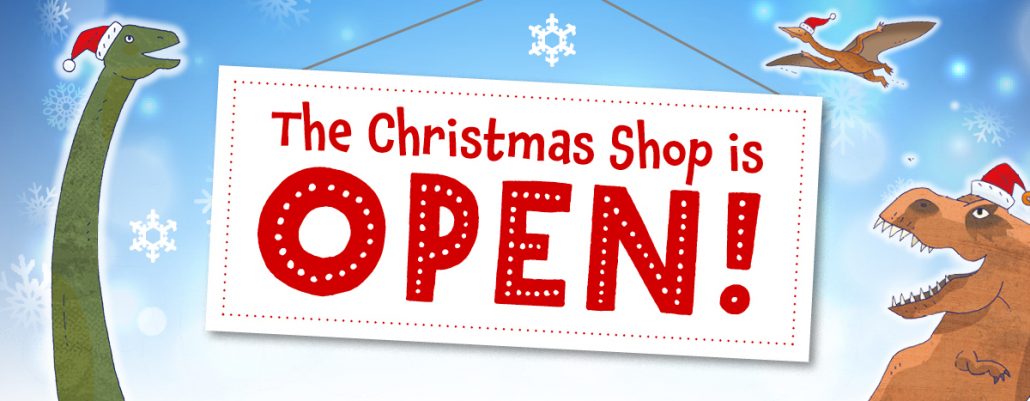
To be in with a chance of winning this perfect prize, just answer this question in the comments:
What is the closest star to Earth called?
A Proxima Centauri
B Andromeda
C The Moon
To be in with a chance of winning this collectible treat, just answer this question in the comments:
What is an echidna?
A A spiny animal
B A spiky tree
C A type of bean
This #competition closes at 7am on Wednesday 9th December 2020. Whizz Pop Bang competition terms and conditions are here: https://www.whizzpopbang.com/terms-and-conditions/
Whizz Pop Bang is a top-quality, gender-neutral, advert-free science magazine for families everywhere. Each issue is packed with experiments, activities, amazing facts, puzzles, jokes, riddles and more. Find out more here!

